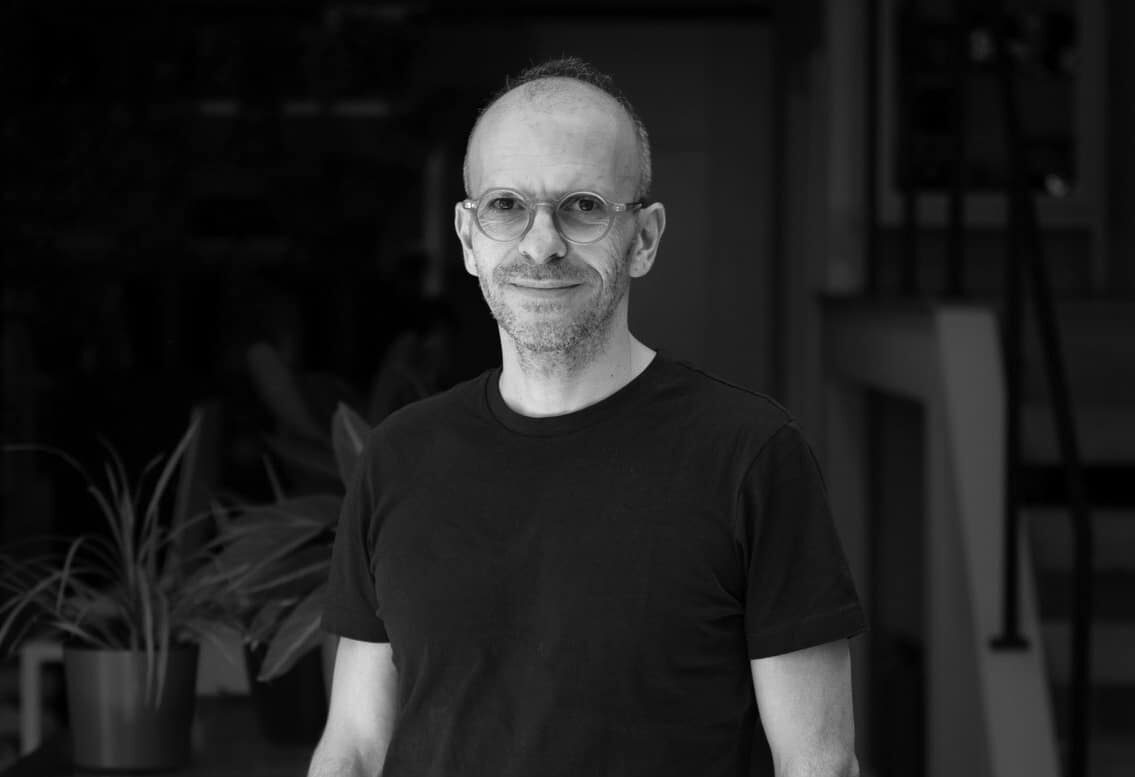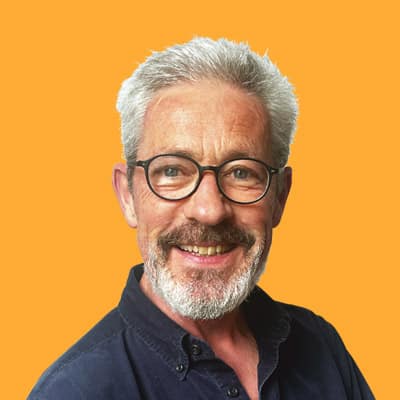Bienal’25 Fotografia do Porto opens on May 15 in Porto, its theme ‘Tomorrow Today’ (Amanhã Hoje), arguing that the future is rooted in the present.
Bienal’25, the fourth edition, includes 51 artists and artist collectives, national and international, with exhibitions by 14 curators at 16 venues across the city. The program offers talks, conferences and tours to the public free of charge.
Why a photography Bienal? Photography has the unique ability to revision our world to propose alternative realities. Through photography, Bienal’25 redefines our expectations of the familiar to mirror, record, extract, subvert, manipulate, appropriate and transform expected realities and then propose alternative imaginaries.
The Bienal invites participating artists and curators to consider the relationship between what we do now and its future consequences.
Virgílio Ferreira, a photographer, is director general of the Bienal. Ferreira has established the Bienal as a major cultural event in Portugal and a leading international initiative in the expanded field of photography.

Ferreira and Australian Jayne Dyer are co-artistic directors of Bienal’25, believing shared artistic direction generates a more inclusive vision of programming. They speak of the importance of being driven by ‘cause’, not by ‘spectacle’. For Ferreira, a main focus has always been support for grassroots initiatives with artists early in their careers.
Photography has been in Ferreira’s family DNA for a century. “A hundred years ago, my grandfather opened a photographic studio in Porto, a kind of laboratory for professional photographers. As a child, I loved the atmosphere when collectors stopped by at the end of the day to talk about photography,” he recalls.
“My life and career have been influenced by my studies and foreign travels. Although empirically speaking I’ve been a sociologist, you could say I’m more like an ethnographer.” This interest in people has driven Ferreira on a life-journey of enquiry, empathy and activism.

Ferreira founded Ci.CLO in 2015 in his home city of Porto. Now in its 10th year, Ci.CLO’s social and environmental arts projects have national and increasingly international reach.
The Ci.CLO office, and the production hub for the Bienal de Fotografia, is located close to Porto’s Municipal Library and the Faculty of Fine Arts of the University of Porto. A cabinet of vintage cameras recalls the family photographic business. I ask Ferreira if he believes art can make a difference.
“Yes, certainly. With its antennae, art can predict things still to happen or be thought about.”
Ferreira explains Ci.CLO grew out of the need to evolve from his personal perspective as an artist, to a more collective approach with potential to contribute to a larger cultural picture.
“Ci.CLO’s mission is to challenge people to rethink our relationship with the world, through photography, and to create a platform for exchange. We dialogue with other disciplines not directly related to culture, such as science and technology – we’re like a research lab. Not many photography festivals have our laboratory dimension. We project into the future, through case studies that we hope can provide models for others to adopt.
“The Bienal Fotografia do Porto came into being because photography is central to our understanding of the world and we could achieve a greater impact through a two-year program, with more partners, and reach a much wider audience.”

Bienal’25’s broad and inclusive program is built around four interrelated platforms, areas of enquiry for collaborative research, territorial mediation, residencies and exhibitions: CONECTAR (to bridge, to exchange), SUSTENTAR (to sustain, to preserve), VIVIFICAR (to live, to stay), and EXPANDIR (to expand, to grow). The Bienal embraces rural and urban, local and international, ecology, technology, memory and affect, facing the future with a lens that is critical and speculative.
“CONECTAR is all about exchange. We host exhibitions from international partners, and export the work we develop ourselves, giving an international dimension to our projects. I strongly recommend a visit to The Portuguese Center of Photography to see Light Seekers, an engaging metaphor in this tumultuous period. Curated by Sergio Valenzuela-Escobedo, five exhibitions explore, through the lenses of Claudia Andujar, Pariacaca, Hoda Afshar, Christo Geoghegan and SMITH, erased histories and acts of resistance to colonial legacies.”
SUSTENTAR is a research program focused on case studies about sustainability in Portugal in which artists develop new projects working with specialist researchers in sustainability initiatives. These artist projects propose concrete and innovative responses to identified challenges. In the São Bento metro station, Rhizomes, Joana Dionísio’s photographic installation, highlights human presence and activism as driving forces in generating awareness of population diversity within the Algarvensis Geopark’s initiative in Southern Portugal.
VIVIFICAR contributes a perspective on Portugal’s rural Douro region, a fragile ecosystem of ageing and decreasing population. Over a six-month residency, artists live with a family, share their daily life and experience cultural and community identity. Australian artist James Newitt’s video installation Raw Material, developed in Mêda, at the National Museum Soares dos Reis, explores mining and viticulture, two facets of the complex socio-economic dilemmas challenging the Douro.
EXPANDIR is a speculative, experimental platform that supports emerging artists in their transition between the academic and professional worlds. “Among this year’s five Expandir projects, we partnered with the Royal College of Art (RCA), in London. Curated by Locument, the student collective ADS11 developed The Extraterritoriality of Toxicity, on the quality of water in the Douro River. The project has a disruptive, activist dimension. We have created a bridge between the RCA and universities in Portugal.”

Multiple threats to the planet and humans’ sustainable existence on it compete for our attention with the advance of populism that menaces to desensitize and atomize societies. As a cultural producer, is Ferreira feeling threatened? “We have to resist and be resilient, and this means acting. Take America’s current disruptive political proposals, for example – I think there’s a clear intention to generate fear. We need to propagate different forms of energy, not just energies of anger and fear.”
The title of Bienal’23 was ‘Acts of Empathy’. These ‘acts’ give Virgílio Ferreira hope. Bienal’25 Fotografia do Porto, showing until June 26, provides a timely opportunity to reflect on our collective ‘Tomorrow Today’ and share this hope.















